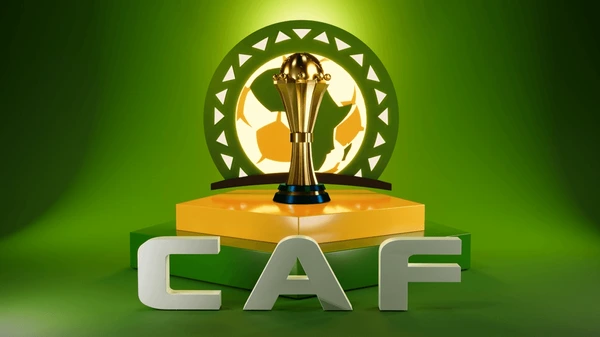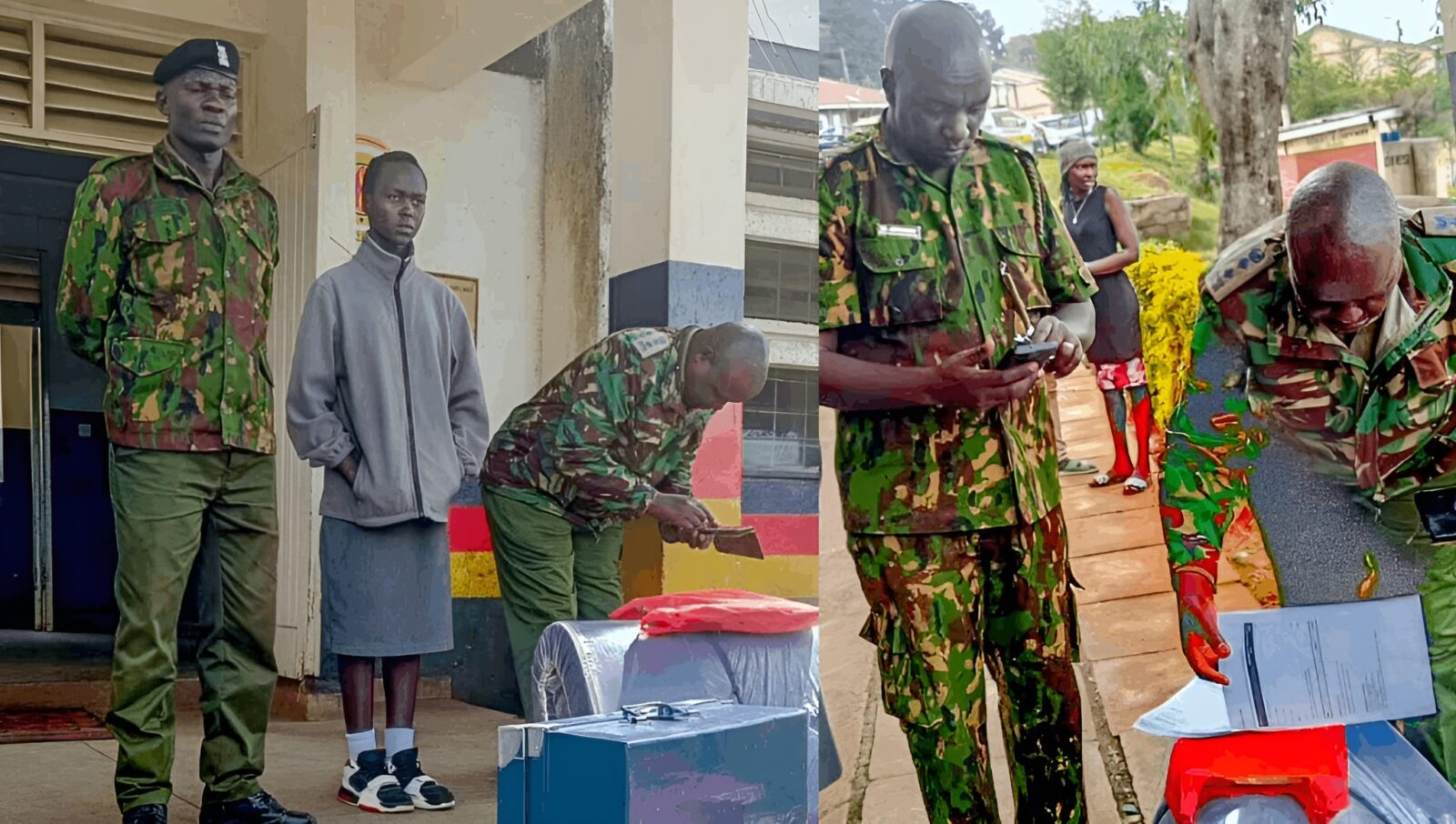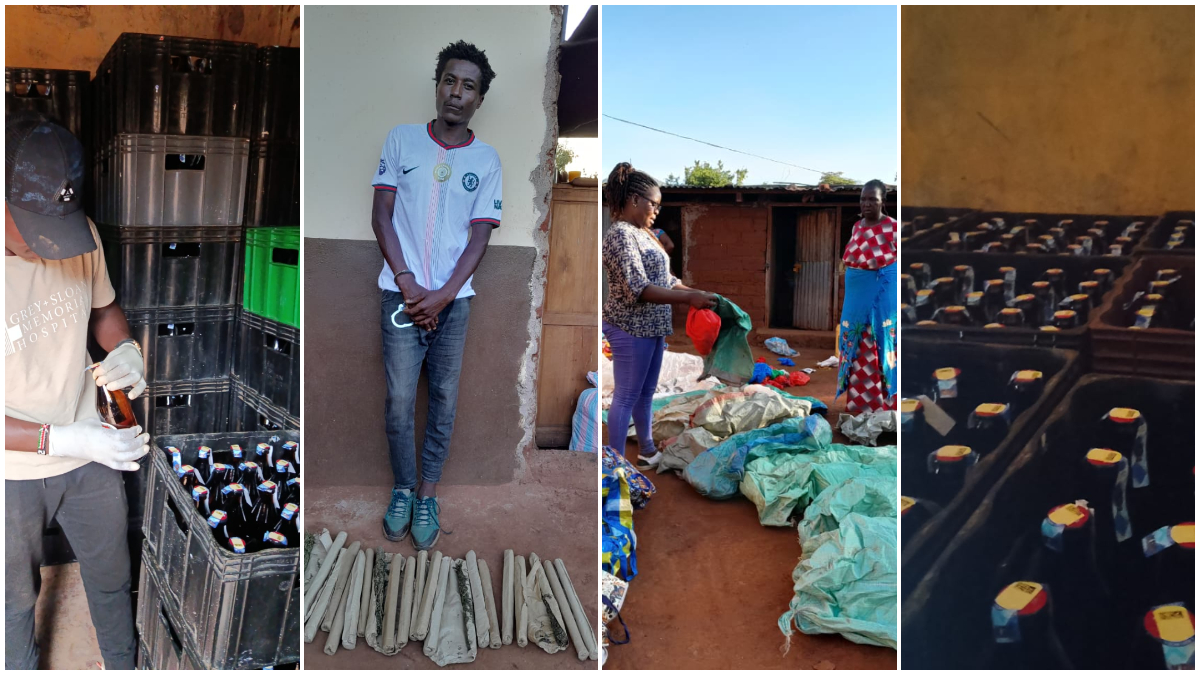The distinction between the Africa Cup of Nations (AFCON), the continent’s flagship tournament, and the African Nations Championship (CHAN) often leads to confusion. While both are organized by the Confederation of African Football (CAF) and feature national teams vying for continental glory, their purpose, player eligibility, and overall prestige differ significantly.
The most fundamental difference is in player eligibility. AFCON, the older and more illustrious competition, with the first tournament held in 1957, operates under standard international football regulations.
This means national team coaches can select any eligible player, regardless of where they ply their trade at the club level. The likes of Mohamed Salah, Sadio Mané, and Kenyan star Michael Olunga, who currently plays in Qatar, are prime examples of players who are eligible for AFCON selection, bringing a global spotlight to the tournament.
In stark contrast, CHAN, a much younger tournament first held in 2009, has a specific and crucial mandate: to exclusively feature players actively playing in their own country’s domestic league.
This unique eligibility criterion is the cornerstone of CHAN’s existence. Unlike AFCON, a Kenyan international playing for a club in Tanzania, for instance, Kenyan international Mohamed Bajaber, would be ineligible to represent the Harambee Stars in CHAN.
This focus on homegrown talent directly addresses the initial purpose of the tournament: to promote and develop domestic football leagues across the African continent.
The creation of CHAN stemmed from a recognized need to provide a prominent platform for local players who might otherwise be overshadowed by their internationally based compatriots in the AFCON setup. By restricting participation to domestically based players, CHAN serves as a vital stepping stone for emerging talents.
Beyond eligibility, the objectives and overall prestige of the two tournaments differ. AFCON is the pinnacle of African football. The tournament attracts massive media attention, passionate fan bases, and often features thrilling encounters between some of the world’s most gifted footballers. Victory in AFCON is a source of immense national pride and a benchmark for footballing excellence in Africa.
CHAN serves a more developmental purpose. It aims to elevate the standard of domestic leagues by providing them with greater visibility and bringing investment in local footballing structures.
It allows nations to gauge the strength of their grassroots development and provides a competitive environment for players who form the backbone of their domestic competitions.
In essence, AFCON and CHAN are two distinct yet complementary tournaments in the African football calendar.
AFCON is the established, globally recognized showcase of the continent’s elite players, while CHAN is a strategic initiative to nurture and celebrate the talent within Africa’s borders, strengthening the foundations of the game from the ground up.
Understanding these key differences provides a richer appreciation for the diverse and dynamic landscape of African football.












